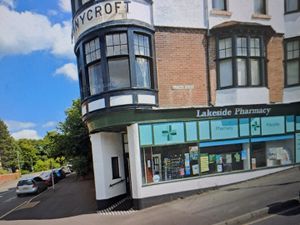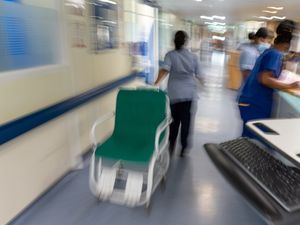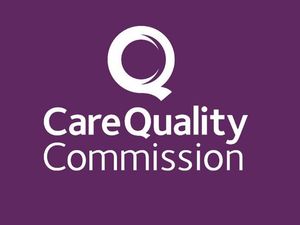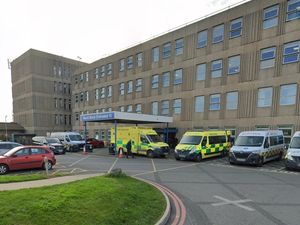Dr Mary McCarthy: Receptionists are vital to running of surgeries
With more pressure than ever on general practice, reception staff have a difficult job and are the backbone of the surgery, writes Dr Mary McCarthy.
A survey by Cancer Research this week suggested that patients were deterred from making appointments at their doctor's surgery because they didn't want to discuss their health concerns with the receptionist.
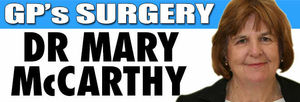
But they are the front line of general practice and have a difficult task at the best of times. They have to remain calm, reasonable and kind in the face of angry customers as they try to magic extra appointments and time when there is no slack in the system.
It takes a long time to become a good receptionist; to keep your smile and your temper when other people are losing theirs and to remain calm when provoked, however bad the circumstances and I think those at our practice are brilliant. They are incredibly kind and patient, explaining things carefully to those who failed to understand to first time; I'm talking about the doctors mainly. I can't count the number of times they have found the piece of paper that was lost, or the form that was needed when I have failed to.
They will always offer a coffee (and occasionally biscuits) and complete tasks so quickly that I think they might be telepathic as they know what I am going to need before I do. Indeed, they set the tone of the practice and the special effort they make to get to know the patients really improves the overall atmosphere of the practice.
Their range of duties extends beyond what the public may be aware of. They act as secretaries, type referral letters and make sure that requests for an urgent appointment go to the right place.
Additionally, they communicate with district nurses when they come into the practice and remember which doctor wanted to see which nurse to discuss the long-term care of an elderly patient.
They answer phone calls, deal with emergencies, and crucially, are often that person to persuade someone who has rang in with a chest pain that they need a 999 ambulance, not an appointment.
With prescription requests, they remember the tablets that the patient has forgotten and sort them into the different collection bags for the local pharmacies.
They have the responsibility of gathering blood tests and specimens that need to go to the hospital at midday, making sure they've gone in the right bag and are delivered to the hospital collection system. Though this may not seem entirely difficult, it is a vital role where no errors can afford to be made. Indeed, when a patient is distressed, they will arrange a quiet place to wait, out of the main waiting area, and do similar for a child that might have an infectious rash. As well as looking after the nurses, phlebotomists and counsellors, they will provide drinks of water or cups of tea if patients need them. If they ask questions about why you want to see the doctor it is just to make sure that you get seen by the right person for the right amount of time. This means the patient needing the removal of a lot of stitches gets to see the nurse for 15 or 20 minutes and not for ten. They are the front door of the practice and the surgery could not run without them.
* Dr Mary McCarthy is chair of the local medical committee and represents Shropshire, North Staffordshire and South Staffordshire on the General Practitioners Committee of the BMA. She has worked at Belvidere Surgery in Shrewsbury for more than 20 years.


